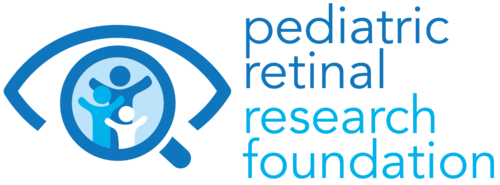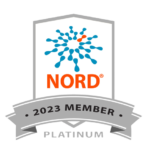Für junge Erwachsene
Low Vision Advocacy Guide for Young Adults and College Students

Educational Rights
Americans with Disabilities Act (ADA) protections
- Title II covers public colleges and universities
- Title III covers private colleges and universities
- Requires institutions to provide:
- Equal access to educational programs
- Equal access to campus facilities
- Reasonable modifications to policies and practices
- Auxiliary aids and services
- Accessible technology and digital content
Section 504 of the Rehabilitation Act
- Applies to any educational institution receiving federal funding
- Prohibits discrimination based on disability
- Requires:
- Academic adjustments
- Auxiliary aids and services
- Equal opportunity to participate in programs
- Accessible course materials and technologies
Rights to reasonable accommodations and equal access to educational programs and activities
- Access to Course Materials
- Right to materials in accessible formats
- Timely conversion of materials
- Access to course content in preferred format
- Equal access to online learning platforms
- Testing Accommodations
- Extended time on examinations
- Alternative testing environments
- Use of assistive technology during tests
- Modified test formats
- Classroom Accommodations
- Priority seating
- Permission to record lectures
- Note-taking assistance
- Use of assistive devices in class
- Technology Access
- Screen readers and magnification software
- Accessible computer workstations
- Alternative format materials
- Electronic textbooks
Employment Rights
Protection against discrimination in hiring and workplace
- Non-discrimination in job application procedures
- Accessible job postings and application materials
- Reasonable accommodations during interviews
- Right to privacy regarding medical information
Right to reasonable workplace accommodations
- Modification of work equipment
- Adjustment of lighting conditions
- Screen reading and magnification software
- Modified work schedules if needed
- Ergonomic workplace modifications
- Reasonable Accommodation Process
- Right to request accommodations
- Interactive process with employer
- Confidential handling of medical information
- Protection from retaliation for requesting accommodations
State-Specific Rights
- Many states provide additional protections
- Some states have lower employee threshold requirements
- State-specific reasonable accommodation standards
- Additional enforcement mechanisms
Rights During Job Search
- Application Process
- Accessible online application systems
- Alternative format applications
- Assistance with application completion if needed
- Non-discriminatory screening processes
- Interview Rights
- Accessible interview locations
- Sign language interpreters if needed
- Alternative format materials
- No requirement to disclose disability unless requesting accommodation
- Testing Rights
- Modified testing procedures
- Extended time for employment tests
- Alternative format testing materials
- Use of assistive technology during tests
Workplace Privacy Rights
- Medical Information
- Right to privacy of medical information
- Confidential handling of accommodation requests
- Limited disclosure of disability information
- Separate maintenance of medical records
- Disclosure Rights
- Control over disability disclosure
- Choice of when to request accommodations
- Protection from forced disclosure
- Right to limit information shared
Accommodations to Request
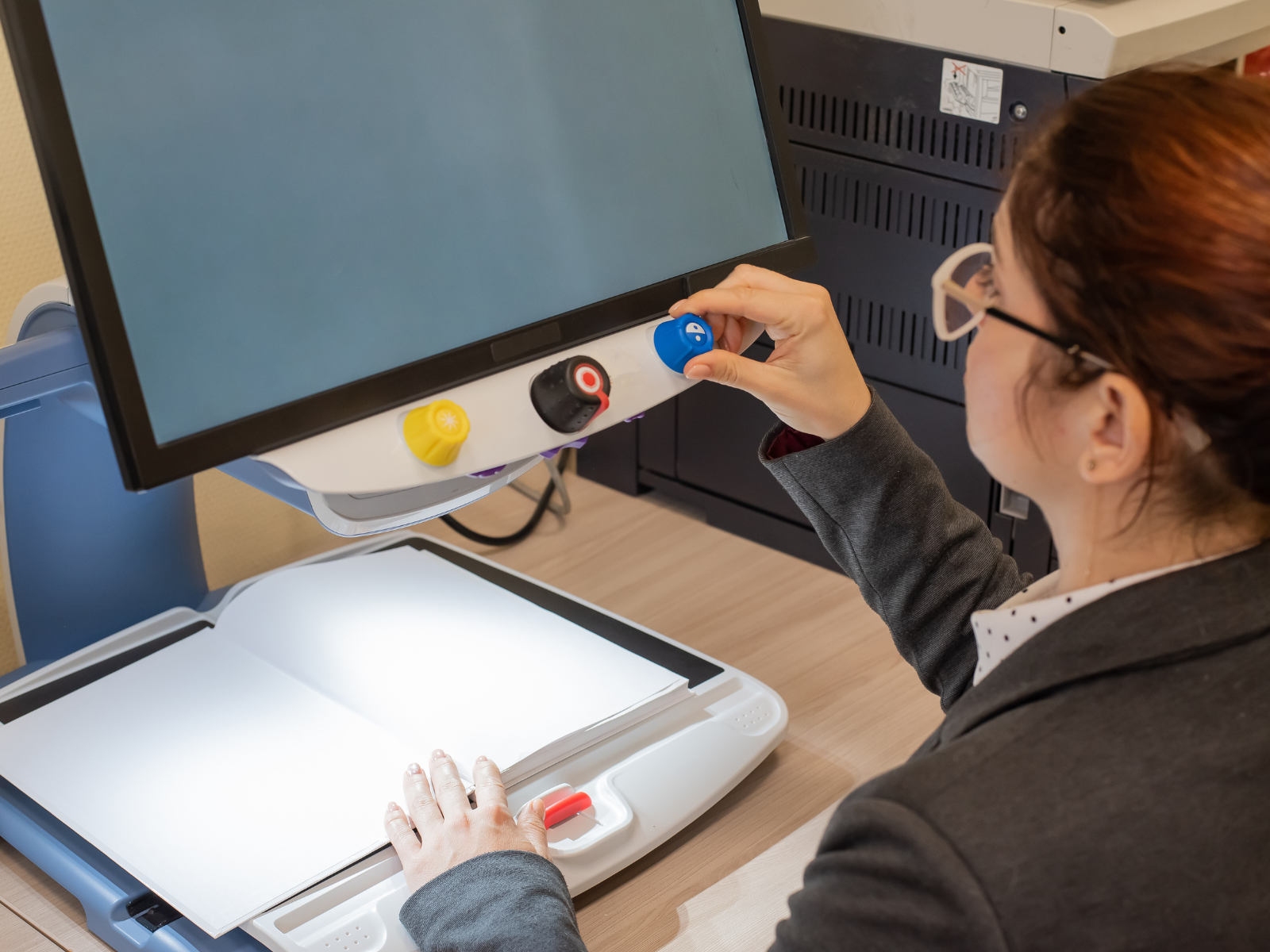
Academic Accommodations
- Extended time on exams
- Alternative format materials (large print, digital, audio)
- Note-taking assistance
- Priority seating
- Screen reading software
- Magnification devices
- Recording of lectures
- Accessible course materials and textbooks
Campus Life Accommodations
- Accessible housing options
- Campus navigation assistance
- Dining hall accommodations
- Access to adaptive technology labs
- Transportation services
Self-Advocacy Strategies

Documentation
- Keep detailed records of all accommodation requests
- Document any accessibility issues or barriers
- Save email correspondence with professors/staff
- Maintain copies of medical documentation
Communication Tips
- Be clear and specific about your needs
- Focus on solutions rather than problems
- Know your accommodation plan details
- Practice explaining your needs confidently
- Build relationships with disability services staff
Building Your Support Network
- Connect with disability services office
- Join disability advocacy groups
- Find peer mentors
- Engage with low vision student organizations
- Build relationships with academic advisors
Technology and Resources
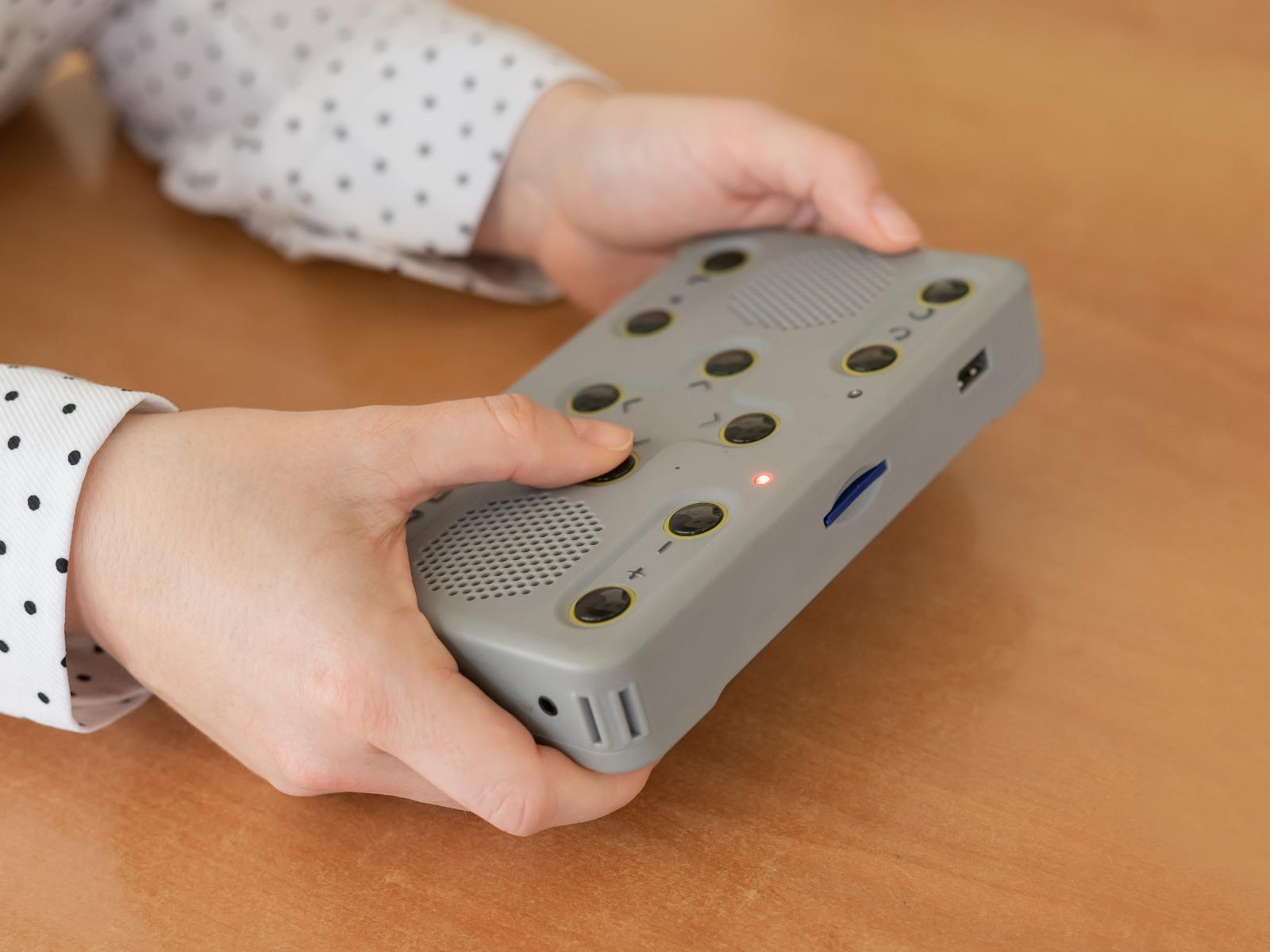
Essential Tools
- Screen readers (JAWS, NVDA, VoiceOver)
- Magnification software
- OCR technology
- Note-taking apps
- Recording devices
- Digital accessibility tools
Campus Resources
- Disability Services Office
- Academic Support Services
- Counseling Services
- Career Services
- Technology Support Center
- Potential questions to ask disability support offices when visiting universities as a perspective student or after being admitted
- Current number of braille-reading/visually impaired students?
- What accommodations do you feel equipped to provide for visually impaired and braille-reading students?
- How are a student’s accommodations/needs communicated to professors?
- Will I be eligible for early/priority registration to allow additional time for preparing accessible course materials?
- What is the process and timeline for requesting accessible materials – either electronic or braille?
- Are note-taking services offered? If so, how does the service work?
- Costs associated with production of materials?
- What testing accommodations are available?
- Preferential housing/housing accommodations?
- Orientation and mobility services to learn the layout of the campus, transportation, etc.?
- Sample email to professor with disability accommodations. Its critical to meet with your professors as early as possible to inform them of your disability and to discuss how your accommodations can be implemented in their class. Here is an email template you can use to reach out to them:
Dear Professor (Name),
I hope you’re well. I wanted to pass along a copy of my letter from (campus disability support office name) detailing the accommodations that I use to be successful in my classes. I’d like to meet with you to discuss these accommodations and answer any questions you may have. I’ll plan on stopping by your office at (suggested times). Thanks and I look forward to meeting with you soon.
Emergency Preparedness

Campus Safety
- Register with emergency services
- Create evacuation plans
- Identify safe meeting points
- Keep emergency contacts updated
- Learn alternative routes
Personal Safety
- Carry backup devices/batteries
- Keep emergency contact information accessible
- Know location of accessible exits
- Have backup transportation plans
- Maintain updated medical information
Advocacy Beyond Campus

Individual Advocacy
- Learn to articulate your needs
- Understand your legal rights
- Develop self-advocacy skills
- Share your experiences
- Mentor other students
Collective Advocacy
- Join disability rights organizations
- Participate in awareness campaigns
- Contribute to policy discussions
- Support inclusive design initiatives
- Engage in student government
Professional Development
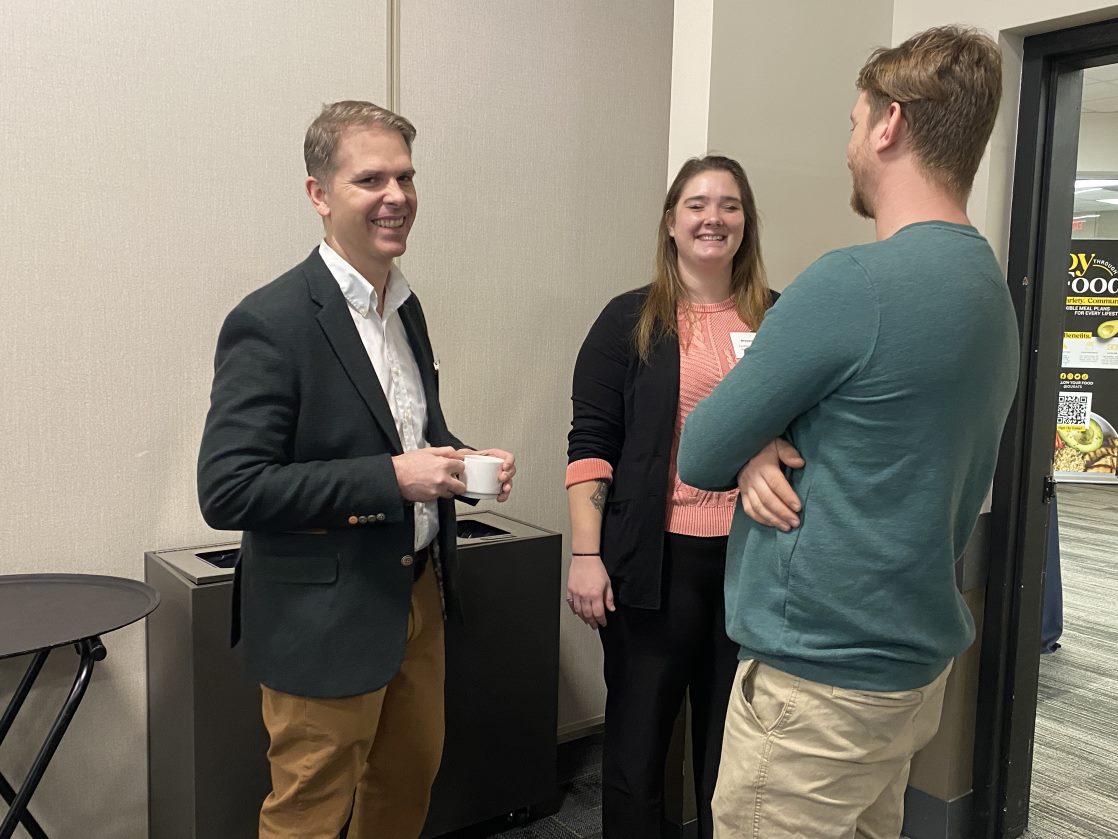
Career Preparation
- Work with career services for job search strategies
- Practice disclosure decisions
- Research companies with strong disability inclusion
- Develop interview skills
- Build professional networks
Internship and Job Search
- Connect with disability-friendly employers
- Research workplace accommodations
- Understand disclosure timing
- Prepare accommodation requests
- Network with professionals who have low vision
Employment Resources
- State Vocational Rehabilitation Agencies can help with resume building, interview skills, procuring access technology, and other career-related needs. Some states have a vocational agency specifically for blind residents while others have a vocational agency for citizens who have al types of disabilities. The above link contains a list of agencies organized by state.
- Tad Foundation Fellowship. “Launched in 2023, the TAD Foundation Fellowship is a first-of-its kind nationwide program for blind and low-vision students. In this selective, year-long program, our fellows engage in quarterly in-person programming as well as online dialogue throughout the year focused on technical skills and leadership development. TAD Fellows are also paired with both blind and sighted mentors from across the business landscape and have access to original training curricula to learn, excel, and level the playing field with their sighted counterparts.”
- Schedule A hiring authority for U.S. federal agencies. “Schedule A refers to a special hiring authority that gives federal agencies an optional, and potentially quicker, way to hire individuals with disabilities. Applying under Schedule A offers an exception to the traditional competitive hiring process. You can apply for jobs using Schedule A, if you are a person with an intellectual disability, a severe physical disability or a psychiatric disability.”
Creating Lasting Change
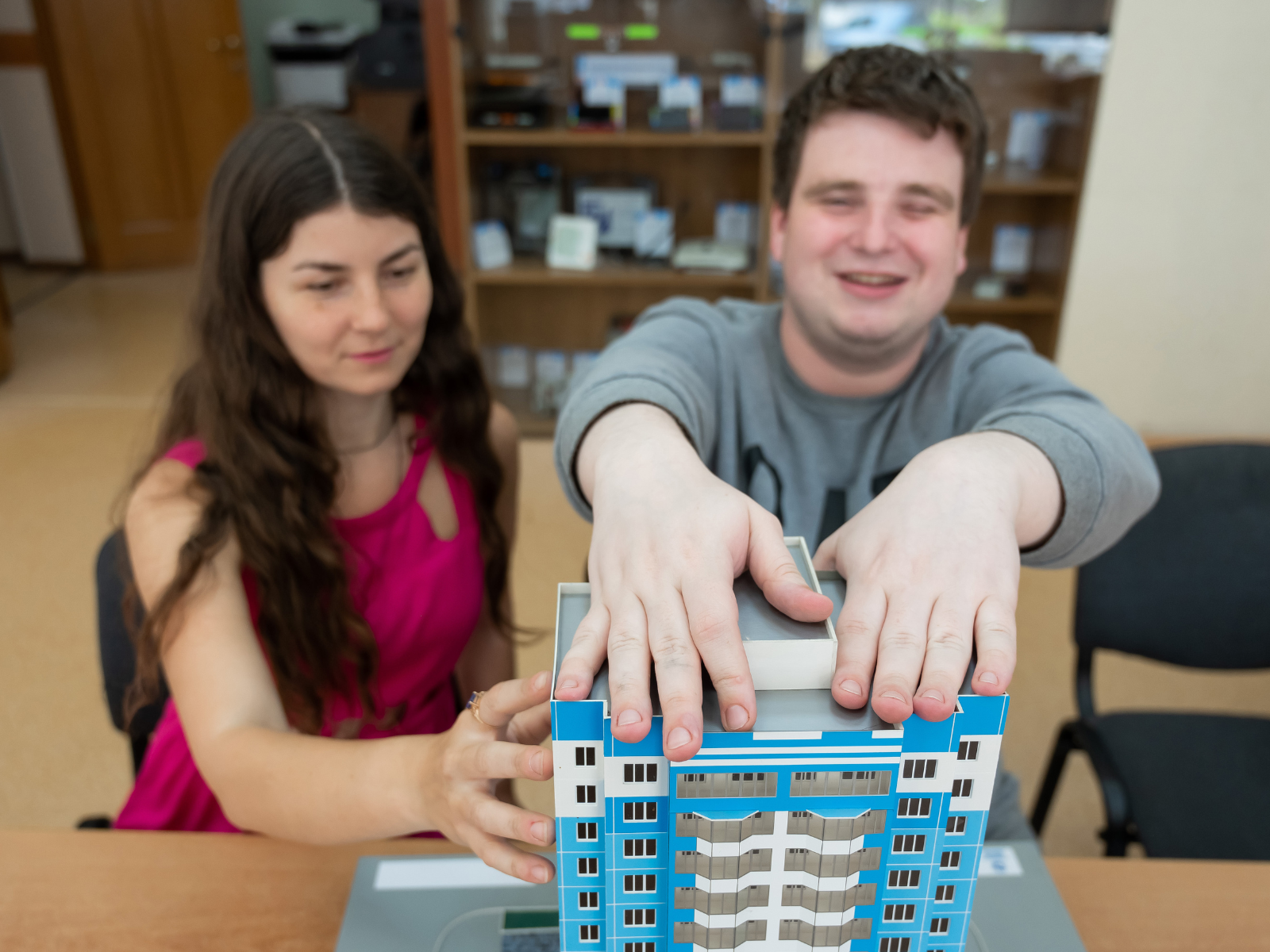
Campus Improvement
- Identify accessibility barriers
- Propose solutions to administration
- Document accessibility needs
- Collaborate with other disability groups
- Support universal design initiatives
Community Impact
- Share success stories
- Mentor incoming students
- Participate in awareness events
- Contribute to accessibility committees
- Advocate for policy changes
Additional Resources
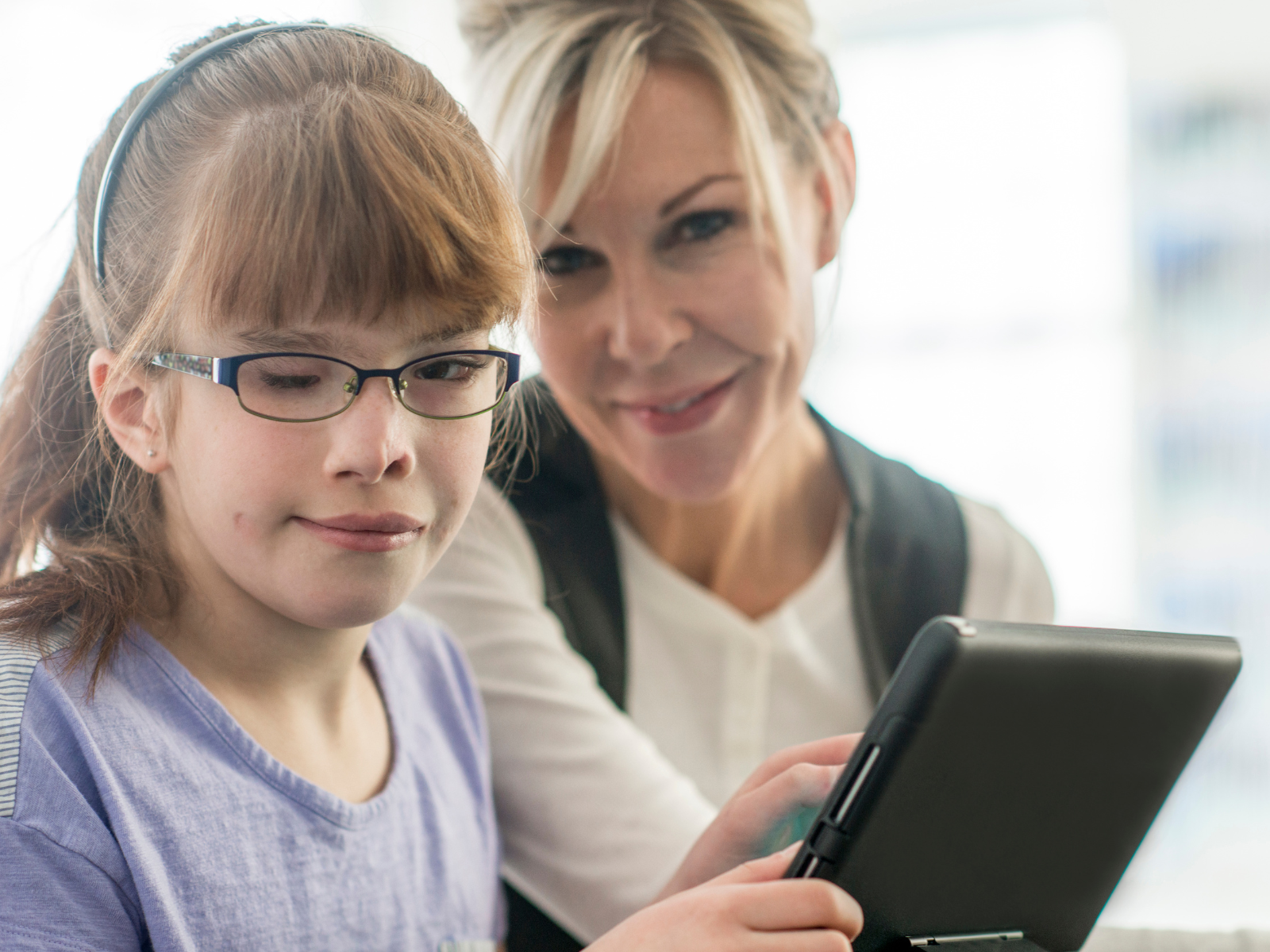
Legal Resources
- Disability Rights Legal Centers
- ADA National Network
- Office for Civil Rights
- State protection and advocacy organizations
- Legal aid societies
Durch unsere Augen Podcast
Wir sind eine Gemeinschaft sehbehinderter junger Erwachsener, die darüber sprechen, wie es ist, sich in der High School, im College, im Beruf und darüber hinaus zurechtzufinden. Wir teilen unsere Erfahrungen und decken ein breites Spektrum an Themen ab, um Ihnen praktische Tipps und Strategien zu geben, die Sie in Ihrem eigenen Leben umsetzen können.
Der Zweck dieses Podcasts ist es, der Gemeinschaft der sehbehinderten jungen Erwachsenen (VIYA) ein offenes und zugängliches Forum zu bieten, in dem sie sich über ihre körperlichen, emotionalen und schulischen Herausforderungen austauschen können.
